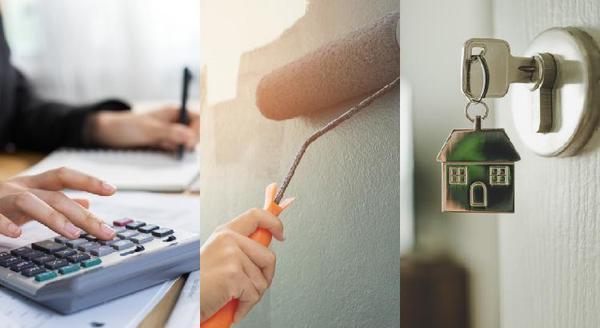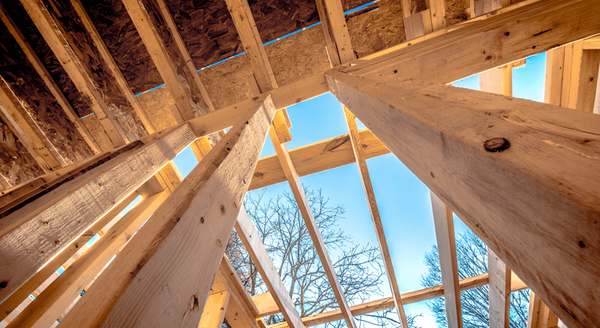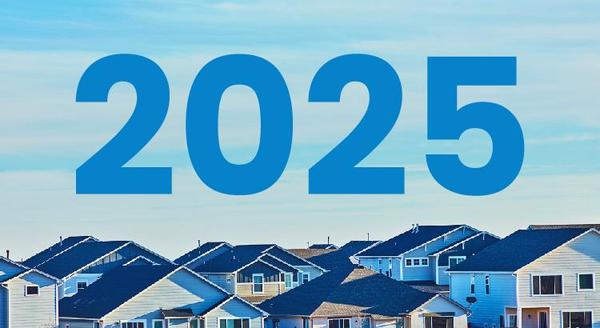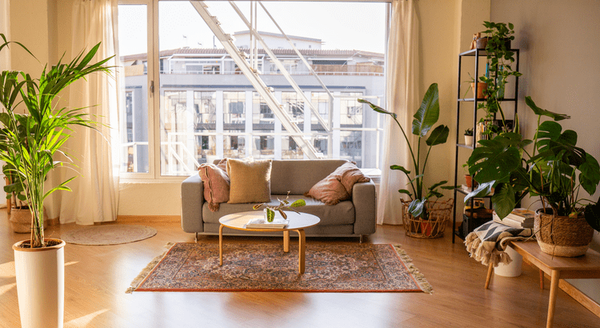
3% vs. 5% vs. 7% – Navigating the Real Estate Math in Today's Market
You may have heard that changing market conditions have created a seller's market that's forcing buyers to spend a lot of money. People in many areas are experiencing housing shortages that make the seller's market strong. When you don't have enough supply to meet demand, you can expect to pay highe

When Will Home Prices Come Down?
As the market continues to shift, more and more questions are being asked about how home prices will behave in the coming months. Will home prices continue to rise, or will they finally start to come down? If you’ve been interested in selling your home and/or buying a new one but have been intimidat

Homebuyers: Know These 6 Things to Navigate This Market
Is the seemingly never-ending era of the seller's market finally over? Can home buyers finally breathe a sigh of relief as they navigate an ultra-competitive housing market? To say that the housing market has been volatile over the past two years would be a gigantic understatement. The pandemic cre
Categories
Recent Posts










